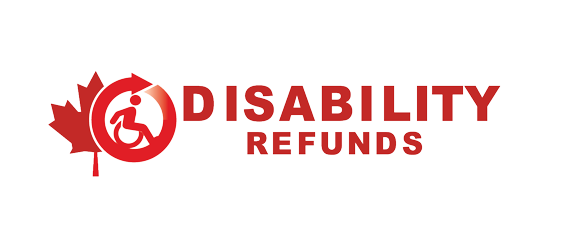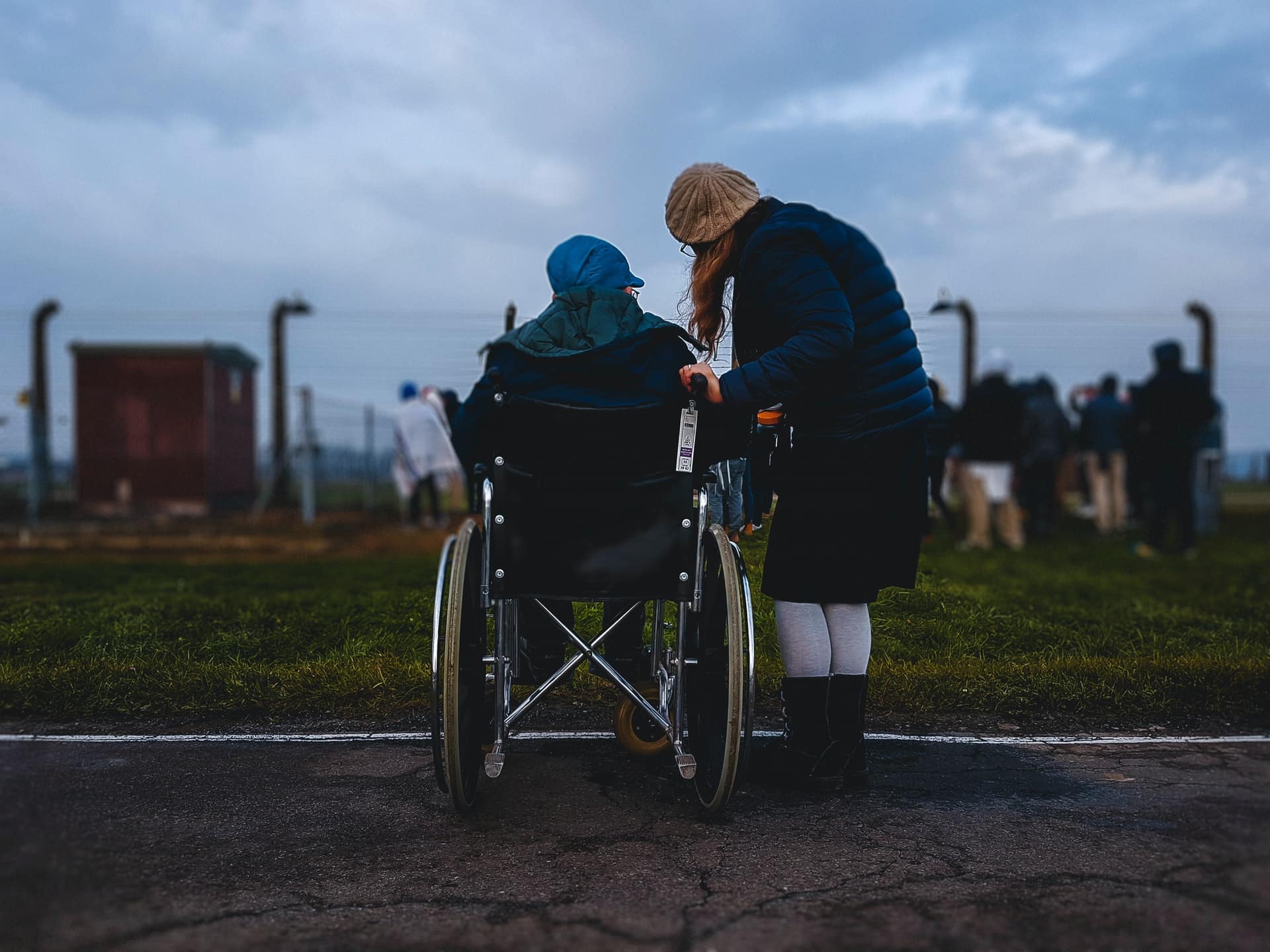Parkinson’s disease impacts language in multiple ways requiring caretakers to approach each individual with a unique and specialized method. The caretaker’s perspective on loved ones who battle Parkinson’s disease is often overlooked so DisabilityRefunds outlines two important questions from a caretaker’s perspective:
- What types of difficulties are noted by caretakers?
- How do everyday language difficulties affect method of care?
The Most Common Language Difficulty in Parkinson’s: Comprehension Challenges
A recent study found that 42% of patients were described by their caretakers as having at least 1 consistent language difficulty that impacts them daily. Caretakers express that individuals with Parkinson’s disease require different types of assistance as the type of language difficulty can vary from person to person. However, one common theme that caretakers expressed was that although there are a variety of everyday language difficulties in patients with Parkinson’s, the most common stems from comprehension difficulties.
The Complexity of Parkinson’s Care: Language and Financial Challenges
Caretakers discern there is no “one size fits all” approach in caring for someone with Parkinson’s disease and the variety of language challenges mixed with financial challenges can be difficult to manage. For example, researchers found caregivers reported day-to-day difficulties in their patients including language problems, as means to both understand functional impact and predict important disease milestones, such as conversion to dementia.
Holistic Care for Parkinson’s Patients: Language, Financial, and Emotional Support
The caregivers that support and assist individuals with Parkinson’s take different approaches in how to best care for the individual battling a combination of comprehension problems, expressive language challenges, and financial concerns. Caretakers take a holistic approach when caring for individuals with Parkinson’s that include not only assistance with communication, but assisting those who can’t apply for disability themselves. When the government is able to help financially, caregivers are able to focus more on the individual needs of the patient.
Government Assistance for Parkinson’s Patients: How Caregivers Can Help
Parkinson’s disease is on the list of medical conditions that qualify someone for governmental assistance. Caretakers are able to apply on behalf of the patient and continue their journey. As you continue, please share your perspectives in taking care of someone with Parkinson’s disease so we can better understand these challenges and help identify solutions that work.




